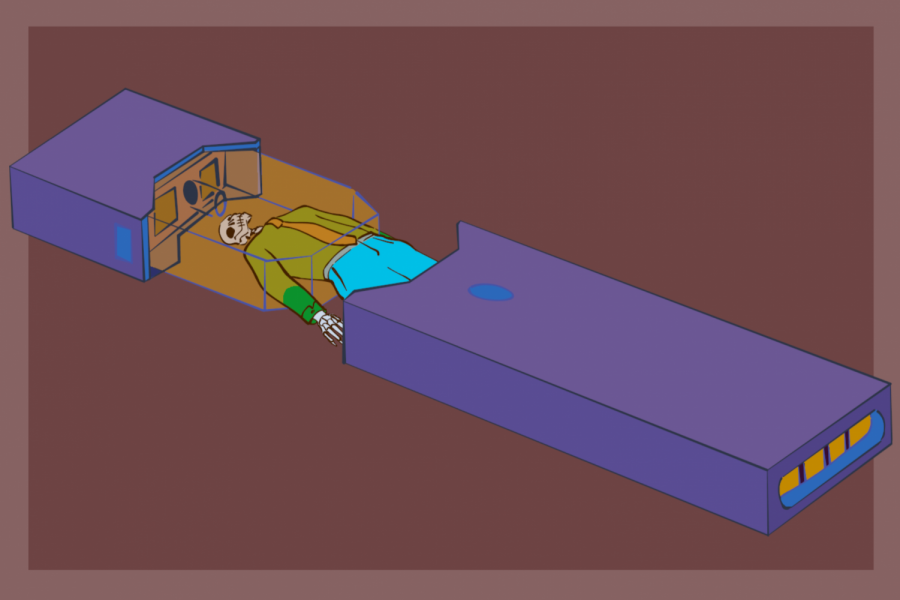University of Iowa community reacts after first vaping-related death confirmed
The Center for Disease Control and Prevention has officially confirmed the first vape-related death. Meanwhile, the vaping and e-cigarette use remains a largely unregulated and under-researched epidemic.
August 29, 2019
Some University of Iowa students report that they don’t know the potential dangers of vaping as researchers seek to understand its effects on health.
According to the Centers for Disease Control and Prevention, the first vaping-related death has been confirmed as a result of severe injuries to the lung on Aug. 23. Public-health officials are currently investigating the issue.
This summer, more than 190 potential cases of vaping-related illnesses in teenagers and young adults were reported across the country. The Iowa Department of Public Health also reported three of the four Iowans who had a vaping-related illness said they used THC in their vaping product.
A recent National College Health Assessment survey showed 26.8 percent of University of Iowa undergraduate students used an e-cigarette in the past 30 days.
The number of high-school seniors who reported vaping in the last year rose 9.5 percent between 2017 and 2018, according to the National Institute on Drug Abuse.
Related: In an effort to quit smoking, cigarette users turn to vaping as a solution
“It’s just a little buzz that you get. And more than half of my friends have Juuls, so it’s always just ‘in,’ ” said UI senior Matthew Cannida, who uses vape products two to three times a week. “I think people start vaping because all their friends are doing it, or they have a need to fit in or do what everyone else is doing.”
Cannida said he did not know what chemical compounds are in e-cigarette liquid, if the chemicals in e-cigarette liquid are regulated, who regulated the manufacturing of these chemicals, or any other specific health aspects of vaping.
“I know that it’s not good for your lungs,” Cannida said. “I know that it’s not good for your skin.”
Of the six UI students who spoke with The Daily Iowan about vaping, Cannida included, few knew the details on how vape products are manufactured and any health consequences.
The Surgeon General’s Advisory on E-cigarette Use Among Youth states that e-liquids may contain “heavy metals, volatile organic compounds, and ultrafine particles that can be inhaled deeply into the lungs” and can be harmful to one’s lungs and overall health.
“Popcorn lung” that has been diagnosed in people who vape was also mentioned in the report, and it causes scarring of the air sacs in the lungs and results in thickening and narrowing of the airways.
“As far as we’re aware, the FDA does not regulate e-cigarettes and e-liquids,” said Vickie Meine, Interim Director of the Iowa Institute of Public Health Research and Policy. “E-cigarettes don’t fall into the same category as tobacco, because it’s not a combustible tobacco product.”
Related:UI officials to e-cigarettes: Vape off
Meine added that people who vape do not really know what chemicals they are breathing in, because e-cigarettes are unregulated.
“E-cigarette production is also not regulated by the state of Iowa and also does not fall under the broad umbrella of ‘tobacco products,’ ” said Kim Merchant, a UI Department of Health Management and Policy research associate in the College of Public Health.
Because of the lack of regulation and lack of definitive medical knowledge of vaping, Meine said it is impossible to conclude that vaping is in fact safer than cigarettes or safe at all.
“If you wouldn’t drink a bottle of antifreeze, if you wouldn’t be a test subject for an experimental drug, why would you vape?” Meine said.



